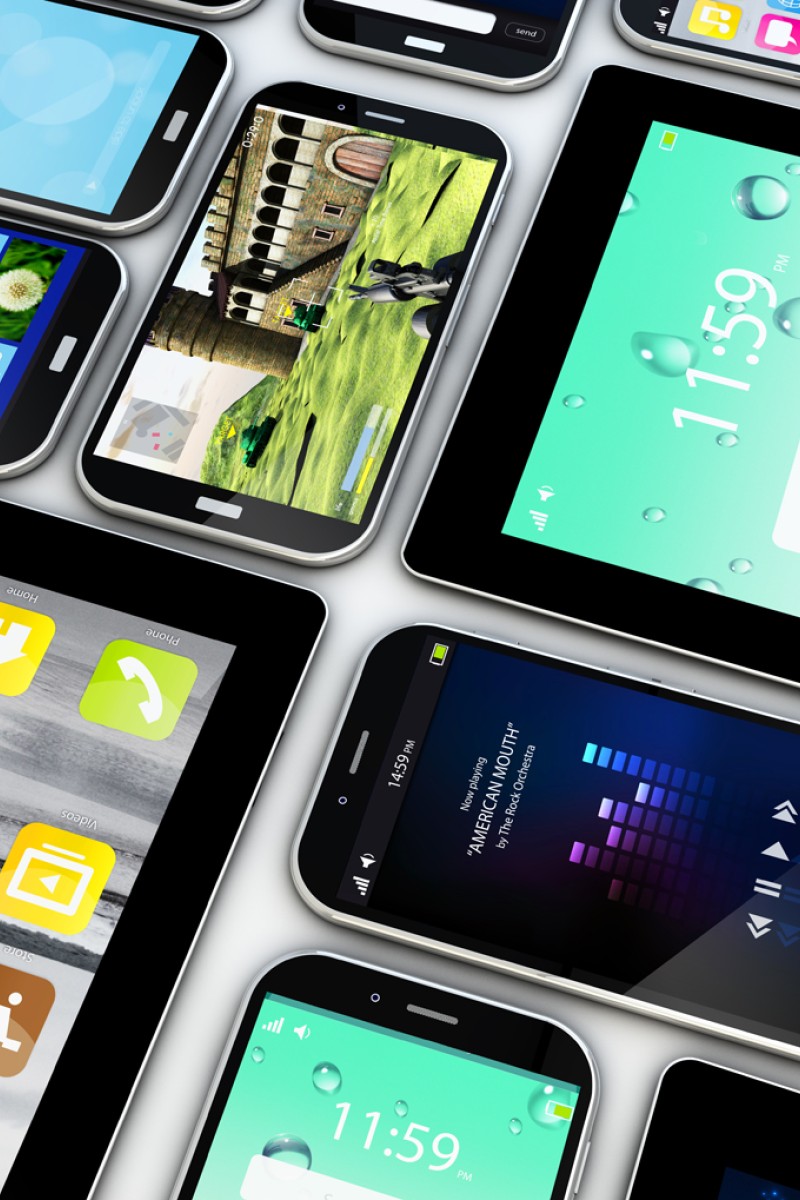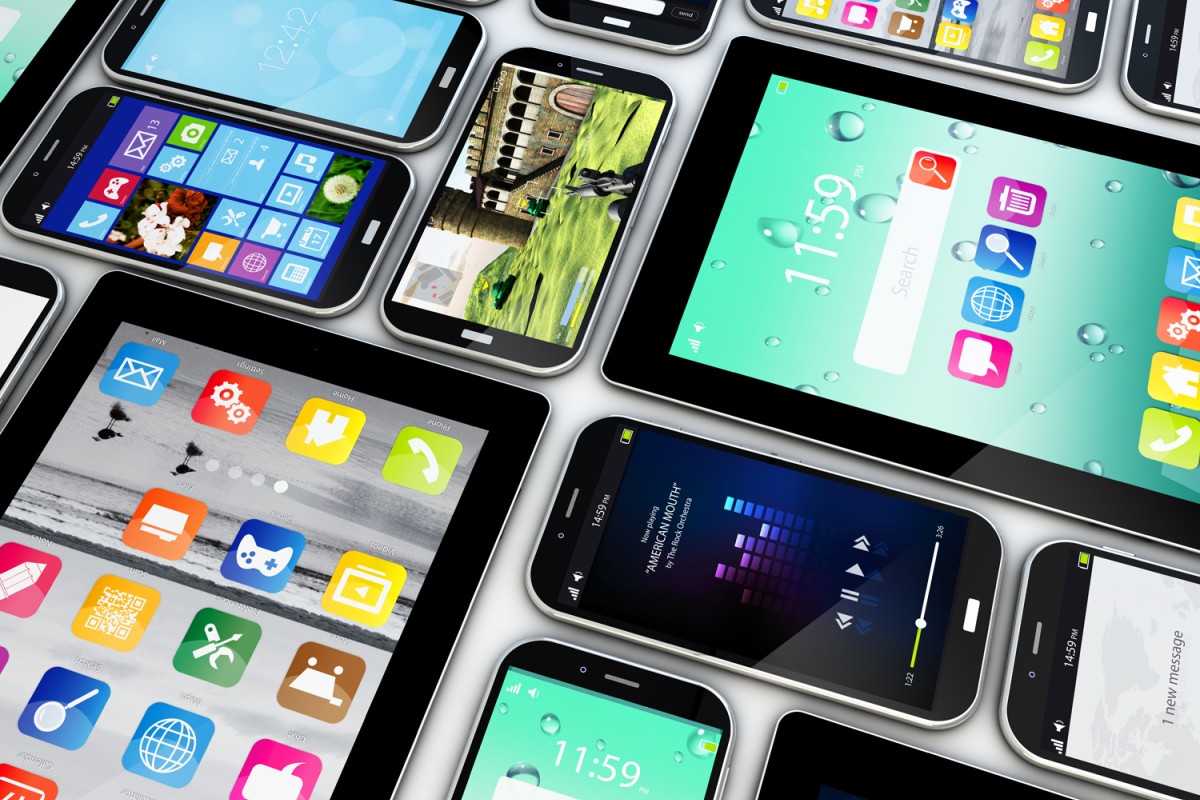
Discover & Innovate: Are we using smartphones and tablets too much?
They are supposed to make life easier, but using phones and tablets too much can have a negative effect on us physically, psychologically, and socially

The technological development of smartphones and other similar IT gadgets has brought a lot of convenience to society. It has made communication easier, facilitating group-chats and making it possible to send and receive emails anytime and anywhere.
However, it is common to see people on the streets and public transport so glued to their screens that the users seem cut off from society.
The gadgets create a small, isolated, private space, with users clicking away and entertaining themselves.
Are we using these devices too much? Research into this question highlights some worrying trends.
It seems that many users have become addicted to their phones and tablets. They spend their free time on these "toys".
But new research shows that this "addiction" can actually damage your body.
The constant stress caused by leaning downwards to read a screen can strain your neck and back muscles. The medical term for it is "text neck", and it affects millions of people around the globe.
There are also many people who complain about pain in their eyes, fingers and wrists. These physical problems could become very serious when a large percentage of the population is affected by them.
But there is a psychological impact that deserves attention, too.
Ever experienced the "Phantom Pocket Vibration Syndrome"? That's when you feel your phone buzz and assume that you've received a message, only to find out that there's no message at all, and you only imagined the vibration.
Then there are people who constantly check their phones for messages and updates. Some of these people become nervous if they don't carry their gadgets with them - this is called "nomophobia", or no-mobile-phone phobia.
Despite these physical and psychological impacts, IT devices encourage communication between people - or do they?
Look around a crowded restaurant and you can see customers chatting with somebody on their smartphones rather than talking to people right in front of them.
By isolating themselves via cellphones, people are in fact hindering face-to-face communication.
Now that using smartphones and tablets has become a habit among almost everyone from the very young to the very old, we should be carefully observing and researching the effects of this social phenomenon.
At the same time, we should also be examining its causes: why do we spend all of our free time using these gadgets when there are more meaningful things to do? Sometimes, just sitting down and looking at the view outside the window is all we need.